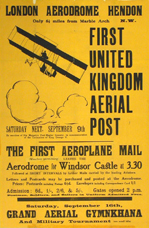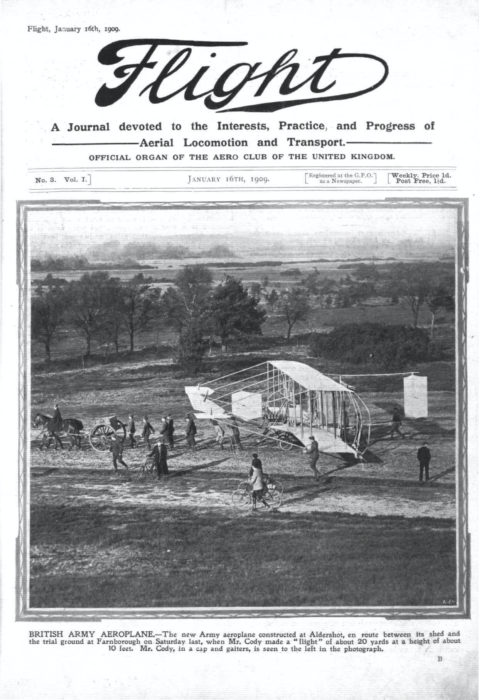I’m shocked to see that it’s already nearly two weeks since I got back from my UK research trip — it seems like it was just a couple of days ago. It was a fairly long trip: five weeks in total, essentially all of them spent in archives in London (National Archives, British Library, Imperial War Museum), Newcastle (Tyne and Wear Archives), Middlesbrough (Teesside Archives), Woodhorn (Northumberland Archives), Durham (Durham County Record Office), Edinburgh (National Records of Scotland), Leeds (Liddle Collection, University of Leeds), and Aylesbury (Centre for Buckinghamshire Studies), as well as at a conference in Wolverhampton (British Commission for Military History). In fact my initial plan of four weeks research and one week holiday fell by the wayside, as there was just too much I still needed to do in the archives in London to waste time in Berlin. I half-expected this would happen, which is why I didn’t book a holiday in advance (corollary: if I really want a holiday, I should book it in advance). But it was certainly worth it in research terms, as I found some great stuff in that extra week.
I had to adjust my plans on the fly in other ways, too. For example, I spent two weeks in Newcastle, with the intention of using it as a base from which to examine archives in the northeast for evidence of invasion, Zeppelin and spy fears. But it turned out that there wasn’t a whole lot to find, either in terms of private diaries and letters or local government records. One week, with better planning, would have been enough. Because I was in Newcastle, however, it was feasible to commute to Edinburgh or to Leeds, so I spent two useful days at the National Records of Scotland and one at the Liddle Collection. A shame I didn’t plan this from the start, though.
And what did I find, in the end? Quite a bit in terms of both government and private records, certainly enough to justify the trip. I was particularly successful in finding material about Zeppelin scares, including phantom airship sightings from Dover to Edinburgh (many in a couple of fat TNA folders), official instructions for reporting hostile aircraft sightings, the censoring of information about air raids, rumours and intelligence about impending raids (much the same thing, in fact), and so on. As I’ve noted already, I also had some success in tracking down information about the hunt for secret German aerodromes in Britain. I also found some good records relating to invasion, much of it about the evolution of schemes for preventing civilians and supplies from falling into enemy hands (in Scotland, the north-east, even Buckinghamshire), but also evidence from diaries and letters about invasion rumours and fears. I was least successful in finding evidence of spy hysteria. I certainly found some, including rumours about the east coast being infested with German agents and some fascinating stuff about claimed sabotage at the outbreak of war (shooting at sentries, attempted train derailments, and so on), but based on the secondary literature I had expected this kind of thing to dominate. The question now is, is this discrepancy real or is it just the luck of the archives (and perhaps my default tendency to look for Zeppelins)? This is where going back to the press might help, though I now realise from looking at D-notices that phantom airships, for example, were less likely to be reported in newspapers than spy rumours. References to Zeppelins do seem much more common in diaries in 1914 (before any actual Zeppelin raids) than do spies (though Zeppelins in turn feature much less than Russians with snow on their boots). So perhaps it’s real, and perhaps it’s due to the airship panic of 1913.
That leads me to the final question: what am I going to do with all these sources? I think an article using Zeppelin bases and Maubeuge platforms to reflect on rumour and folk strategy might be very interesting, though it’s unfortunate that I didn’t find anything official on the government search for covert German gun emplacements. But I’m also thinking that I have enough material for a small book, either about scares and rumours in general in the first year or so of the war, or about the shadow of the Zeppelin from the Sheerness incident in 1912 to the first raids in 1915. I’m not sure where to pitch it, though. Something like Palgrave Pivot maybe, though they are maybe a bit pricey and I wonder how widely they are distributed. It seems like it could attract some popular interest given the centenary. Not that there’s any great hurry: I’ve got enough to be getting on with teaching and writing for the near future!
![]() This work is licensed under a Creative Commons Attribution-NonCommercial-NoDerivatives 4.0 International License.
Permissions beyond the scope of this license may be available at http://airminded.org/copyright/.
This work is licensed under a Creative Commons Attribution-NonCommercial-NoDerivatives 4.0 International License.
Permissions beyond the scope of this license may be available at http://airminded.org/copyright/.





Pingback: On the utility of rumours in wartime – Airminded
Pingback: Zeppelins and Gothas and a Fellowship – Airminded